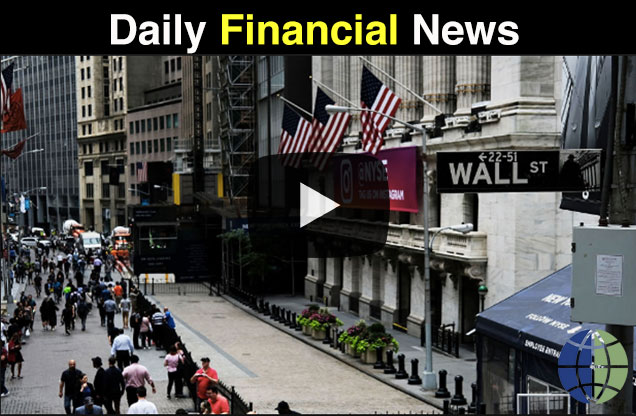Foreign exchange, commonly known as forex, refers to one of the world’s most powerful and unique markets. It concentrates on the major and minor movements in a currency’s value, with traders placing trades on the direction they believe a currency pair is going to go.
Forex is a term you may be familiar with, but not know a lot about. There is plenty of confusing terminology surrounding this industry, though this should not deter you from getting started in forex. If you play your cards right when trading forex, you could be in a great position to make a sizeable profit.
Why Forex?
The eurozone crisis, combined with a turbulent economic climate in many regions across the globe, has resulted in heightened interest in the currency markets as an increasing number of investors seek alternative ways to enhance their income.
People from across the globe are turning to forex trading as a serious investment technique as it offers the opportunity to increase one’s revenue within a short period of time, regardless of the surrounding economic environment.
How Does Forex Trading Work?
Currencies are continuously rising and falling in value as a result of a variety of factors, including trade, surpluses or deficits, interest rates and inflation data. Traders take advantage of these fluctuations by placing trades, betting on whether a currency is going to rise or fall in value at a given moment.
Currencies are traded around the world and due to the nature of the industry (described as ‘over-the-counter’), forex trading is incredibly fluid. Trading usually takes place through a forex broker – all you have to do is sign up with a reputable online forex broker, download the trading platform and begin your journey to forex trading success.
A forex trader bets on whether the currency will rise (appreciate) or fall (depreciate) in value. When trading currencies, you must decide whether you want to buy or sell a particular currency, and at which rate.
What Are the Risks?
As with any investment strategy, forex trading inevitably carries with it a certain degree of risk. Although there are a number of ways in which you can reduce trading risk, it is your responsibility as a trader to incorporate a number of risk management techniques, whilst always practicing common sense and restraint.


